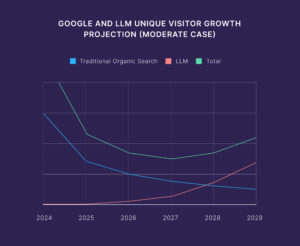“Unmasking the Shadows: How Cyber Interference is Manipulating Your Vote and Shaping Democracy”
This study takes a quantitative, non-experimental approach to examine the relationship between voters’ belief in foreign election meddling and how it influences their decision-making process. Using the social cognitive theory as its framework, the research highlights the role of information sources in shaping voter perceptions, finding that those who relied on traditional news media rather than blogs or social media were more likely to recognize interference efforts.
The findings of this research are compelling: awareness of cyber-meddling doesn’t necessarily reduce its impact on voters. Better-educated individuals were likelier to detect these disinformation campaigns, yet their decision-making process remained susceptible. Cyber Election Meddling offers a timely, critical examination of how foreign influence operations affect democratic outcomes and public trust, with implications far beyond a single election.











